How to Identify Strange Car Smells and How to Fix Them
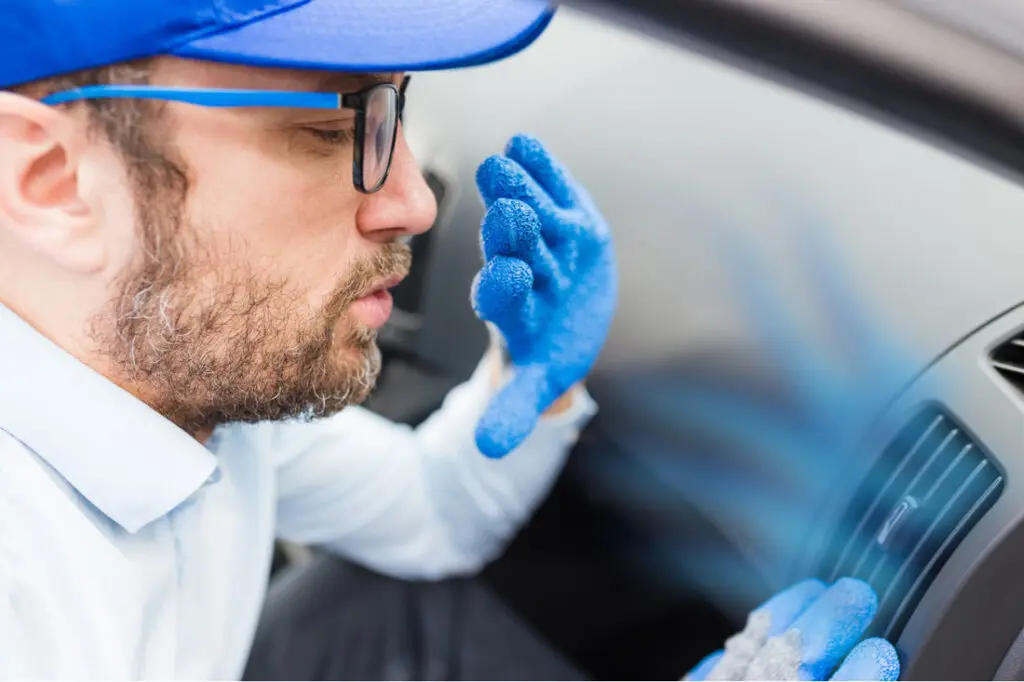
Unfortunately, a strange car smell can quickly interrupt your relaxing drive. While some odd car odors are benign, others require prompt auto repair in Colorado Springs and mean that you need to schedule an appointment with Express Auto Repair and Service.
Here are some common strange car smells that you may encounter when driving your vehicle.
A Burning Rubber Smell
The smell of burning rubber is often due to a worn-out drive belt. Or you may have a rubber belt or hose under your hood that’s come loose and is touching the engine.
Stop by a car repair shop and have the mechanic check your belts and hoses to see if one needs to be tightened or replaced.
The Smell of Gasoline
If you keep smelling gasoline, this means that something’s amiss. Your gas cap may be loose, or you might have forgotten to screw it back on. This is a quick, easy fix.
However, it’s possible that there’s a clog or leak in your vehicle’s emission control system. This repair requires the attention of an auto repair shop near you.
A Vinegar Odor
Your vehicle may have mold in the air vents, and this can result in a sour, vinegar-like odor. You can remedy this issue yourself by cleaning your car’s vents and using a product designed to clean AC units.
However, if the odor doesn’t go away, this can mean that there’s an issue with your vehicle’s AC motor. A Colorado Springs auto repair shop is your best option for diagnosing and fixing this problem.
A Musty Smell
Let your fan run at a high speed without the air conditioning going to get rid of the odor. Your vehicle’s evaporator could have mold or mildew due to dampness. Running the fan will help it dry.
Another cause of a mildew smell is wet carpets inside your vehicle. Dry the carpets with a portable dryer or open your doors and allow them to dry naturally. If they still smell, consider professionally cleaning them to get rid of the odor.
A Rotten Egg Smell
Unfortunately, there are a few things within the fuel system that can cause the odor. These include:
- A catalytic converter malfunction
- Dirty or clogged fuel filter
- Problems with the fuel pressure system
- A sulfur gas leak
This odor means that your vehicle needs to be looked at as soon as possible, as an issue with your fuel system can be dangerous or even deadly.
In Conclusion
Related Posts
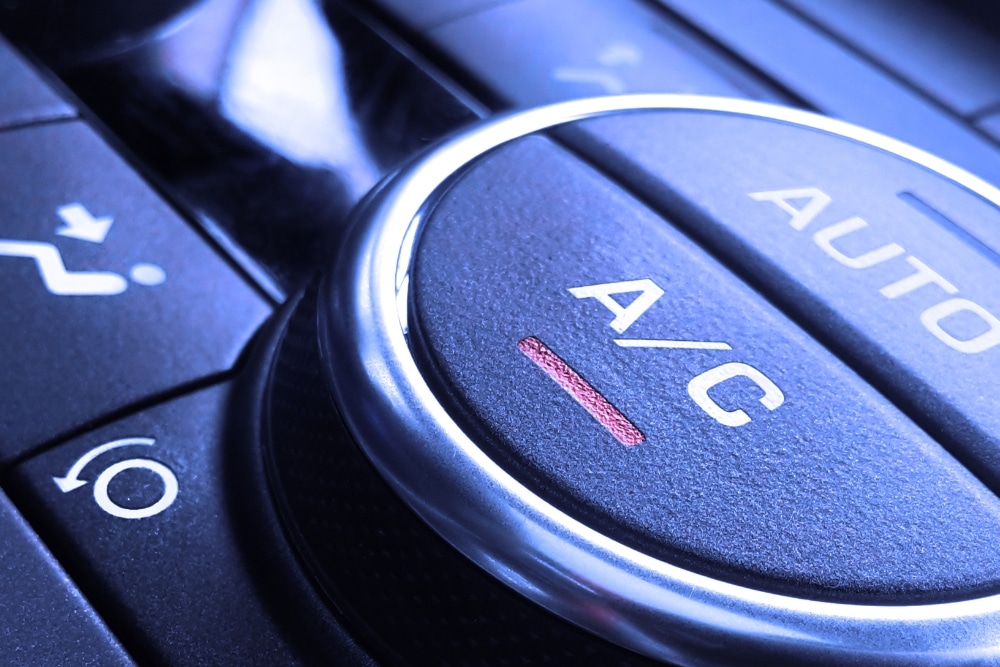
What Happens During a Professional Car A/C Service? Behind the Scenes at Express Auto Repair
Subaru Check engine light on? Get expert engine light repair in Colorado Springs at Express Auto Repair. Fast,
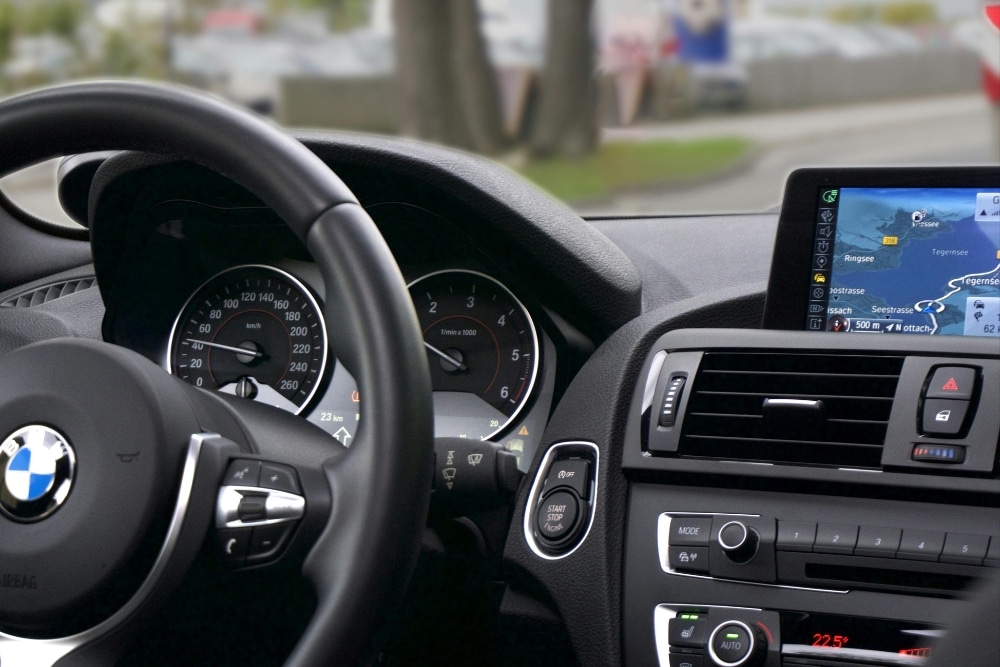
Is Your Car’s A/C Ready for Summer in Colorado Springs? Signs It’s Time for Service
Subaru Check engine light on? Get expert engine light repair in Colorado Springs at Express Auto Repair. Fast,
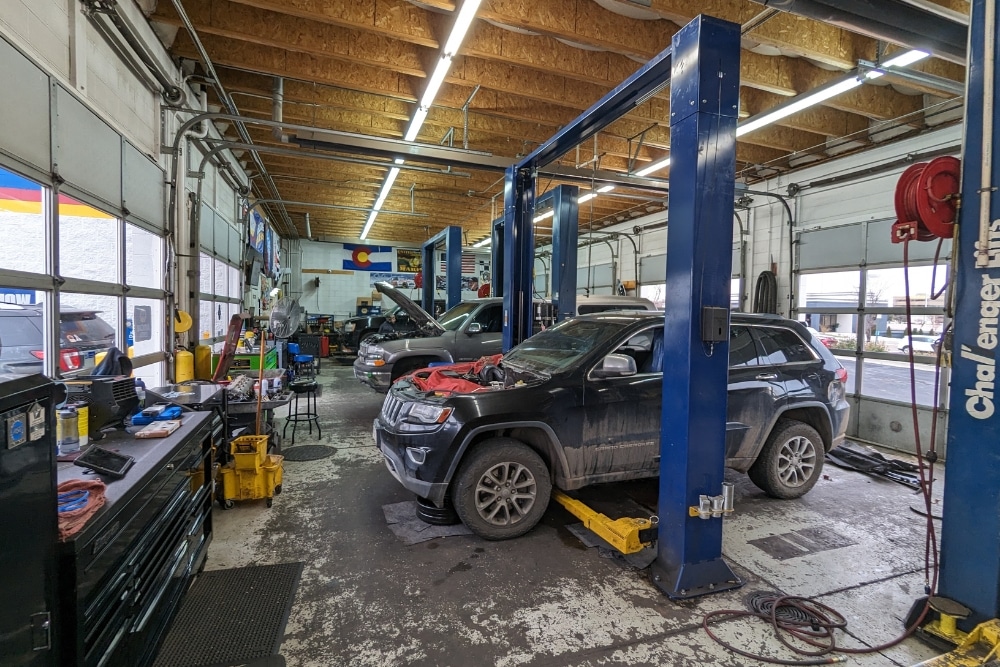
Urgent Repairs? Get Flexible Car Financing at Express Auto Repair Colorado Springs
Subaru Check engine light on? Get expert engine light repair in Colorado Springs at Express Auto Repair. Fast,
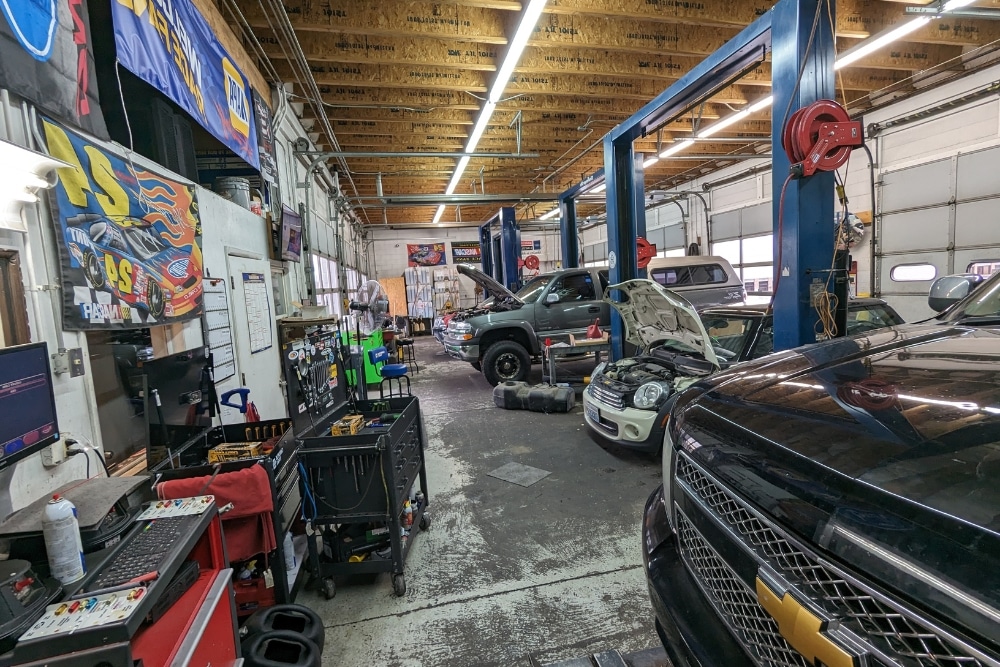
How 2025 Tariffs Are Driving Up Auto Repair Costs in Colorado Springs
Subaru Check engine light on? Get expert engine light repair in Colorado Springs at Express Auto Repair. Fast,
